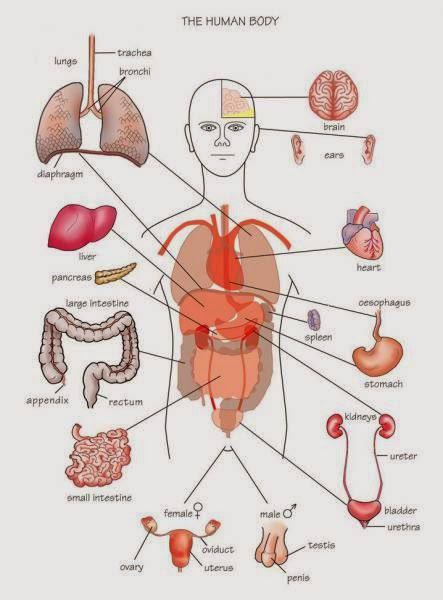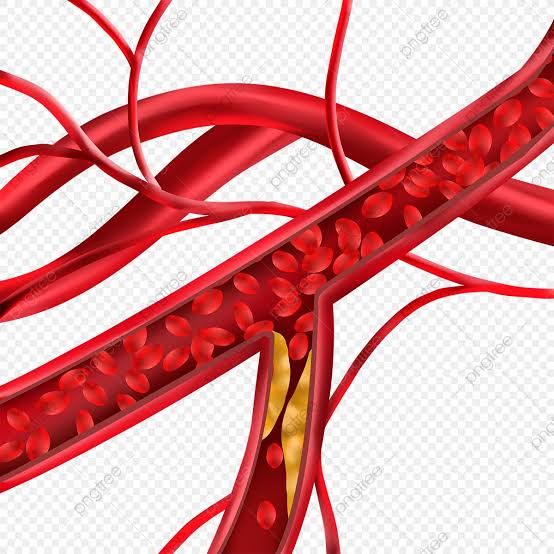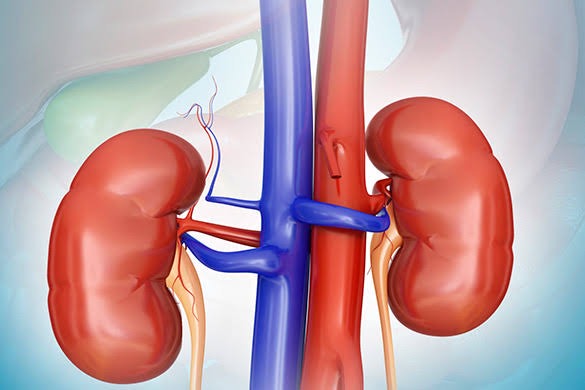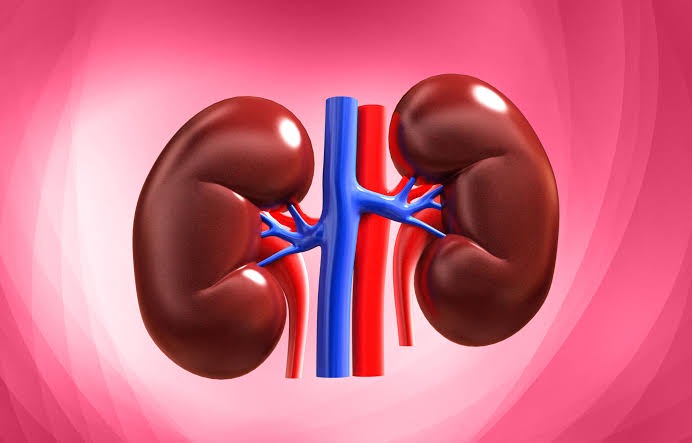Effects Of High Blood Pressure On Your Body
[ad_1]
High blood pressure, also called hypertension, is blood pressure that is higher than normal. Your blood pressure changes throughout the day based on your activities. When blood pressure is high, it can damage artery and blood vessel walls over time. This leads to dangerous complications and even death if left untreated.
Your blood pressure is determined by systolic over diastolic pressure. Blood pressure during a systolic heartbeat is higher than that during a diastolic heartbeat, which occurs when the heart is at rest. A blood pressure reading under 120 over 80 mm Hg is considered normal for the average adult.
The effects of hypertension in the body are slow to manifest at first but devastating over time. The longer you go without a diagnosis or effective treatment, the worse the consequences could be.
In this article I will educate you on the effect of high blood pressure on your body according to Mayoclinic and Healthline publication.
Effects On Arteries
Your heart pumps blood through your veins and arteries to every part of your body. As the blood pressure rises, the arterial walls become more vulnerable to injury which begin with pinprick tears. Whenever a tear forms in an artery’s wall, harmful cholesterol in the bloodstream rushes to fill it. Cholesterol deposits in the arterial walls increase over time, restricting blood flow.
If an artery is clogged, blood cannot flow to its intended destination, resulting in injury to the organ or tissue. Chest discomfort, an abnormal heartbeat, or even a heart attack are all possible outcomes.
Effects on Brain
Stroke incidence is significantly increased by hypertension. Blood flow to brain cells can be obstructed if an artery in the brain ruptures, leaks, or becomes clogged. Problems with speech, vision, or movement, or any of the other functions controlled by your brain, could result from blood loss in a specific area of your brain. The damage may be brief if blood flow is restored, or it may be irreversible if cells die.
Reduced blood flow to the brain might also impair one’s ability to think effectively and recall information. Vascular dementia is a possible result of this.
Effects On Heart
The heart has to work harder to circulate blood throughout the body if blood pressure is high. The result is a thickening of the left ventricle, the lower left chamber of the heart. The dangers of heart attack, heart failure, and sudden cardiac death are amplified by a left ventricle that is abnormally thick.
in addition,high blood pressure places extra strain on the heart, which can lead to muscular atrophy and decreased pumping efficiency over time. As stress mounts, the heart eventually gives out.
Effects on kidneys
It is important to have healthy blood arteries because the kidneys use them to cleanse the blood of excess fluid and waste. The blood arteries in the kidneys and those that supply them might be damaged by high blood pressure which can lead to complications for the kidneys such as:
Scarring Kidney (glomerulosclerosis): which prevents the kidneys from filtering fluid and waste from the blood. In advanced cases, glomerulosclerosis can cause renal failure.
kidney failure : It’s no secret that high blood pressure is a major contributor to renal failure. Damaged blood arteries compromise the kidneys’ ability to filter waste from the blood, leading to potentially fatal accumulations of fluid and waste. The use of dialysis or a kidney transplant may be necessary for treatment.
Effects On legs, Hips And Stomach
Leg discomfort and cramps can be the result of constricted arteries in the lower body. Medical professionals may diagnose peripheral arterial disease when it affects the arteries outside of the heart (PAD). Walking and climbing stairs can aggravate the condition, causing leg and hip muscle pain and fatigue.
Content created and supplied by: Glorace2412 (via Opera
News )
[ad_2]

